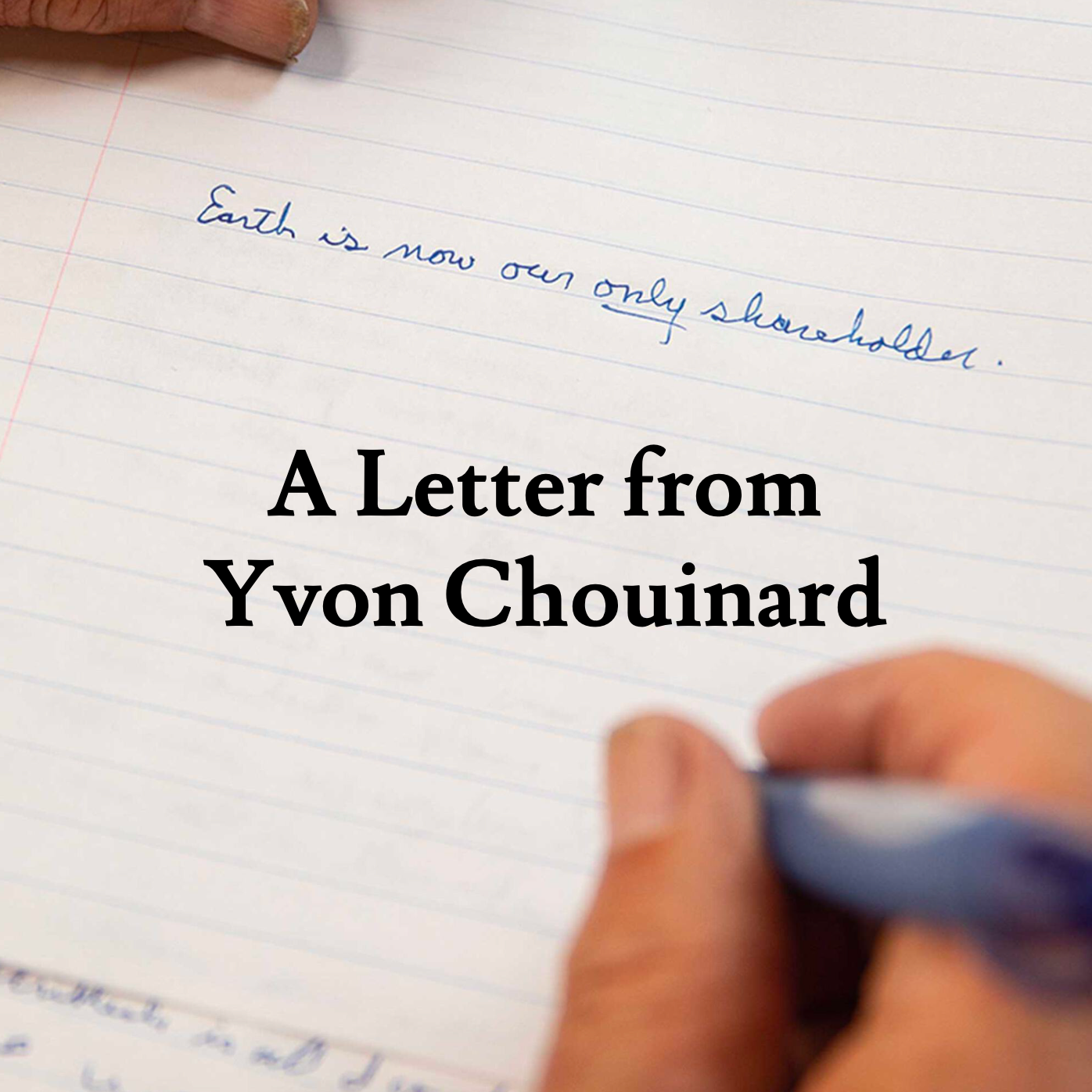The last paper mill in Australia to produce white office paper recently closed its doors. As the last ream of paper made its way down the line, the moment had major significance for the mill’s employees, the logging industry, and fate of Victoria’s native forests.
Opal – part of Japan’s Nippon Paper Group – last month announced the closure of its M5 white paper facility at Maryvale, in Victoria’s Latrobe Valley. It was the only mill in Australia that produced white office paper, its Reflex brand accounting for 80 per cent of the Australian market.
Looking at that market, it seemed hardly surprising. Office paper use in Australia has halved in the past decade as offices have gone digital, paperless and remote. But Opal claims it was a supply issue – not a lack of demand – that forced the closure.
Opal’s white paper facility was supplied exclusively with native forest logs under a 30-year contract with VicForests – the Victorian government’s state logging enterprise. Opal told shareholders the closure was a “response to this sudden and unexpected suspension of supply” – referring to a recent court order against VicForests that has seen temporary bans placed on their timber harvesting operations, mainly in Victoria’s Central Highlands.
VicForests were taken to the Victorian Supreme Court by community groups Environment of East Gippsland and Kinglake Friends of the Forest, who successfully argued VicForests were breaking the law by failing to protect the yellow-bellied glider and the greater glider (an endangered species whose population has crashed by 80 per cent in just 20 years). Under the court order, VicForests can now only log after conducting full surveys of logging coupes to identify whether gliders were present. The new protections have already seen logging contractors move out of areas with populations of gliders and other endangered fauna like the Leadbeater’s possum.
The closure of the paper mill has crystallised a wider – and let’s be frank – crazy situation in Victoria when it comes to native forest logging.
Not only is VicForests’ harvesting of native logs for paper unsustainable to the forests themselves, it’s also uneconomic to the tune of millions of dollars. As forest campaigner Sarah Rees told The Guardian, “Many industries depend on this oversubsidised state-industry complex.” She continues, “Taxpayers subsidise the logging and the companies buying the logs. Even so, VicForests recorded a $54m loss to Victorians last year alone.” VicForests native timber contracts also disincentivise private (and sustainable) plantation timber operators, who are forced to compete against the state and their access to free, native timber sources.
All of this is happening against the backdrop of the state government’s planned 2030 phase-out of native forest logging in Victoria. The clock is ticking, and whether the Opal closure fast-tracks this phase-out date will be watched closely. Opal is one of VicForests’ major native timber contracts.
The question of transition also arises. The writing has been on the wall at the paper mill – as it has been within the logging industry itself – but the closure of the facility last month has left 200 employees without work, and unions have been vocal about the lack of a plan to transition those jobs. Likewise, there have been calls that the transition to plantation timber – trees which take 12-to-15 years to grow to harvestable size – is far behind where it needs to be to cover the loss of native timber from 2030.
Meanwhile, on the flipside, momentum builds for the formal protection of some of the native forests still being logged.
Support our 1% for the Planet grantee Kinglake Friends of the Forest.










